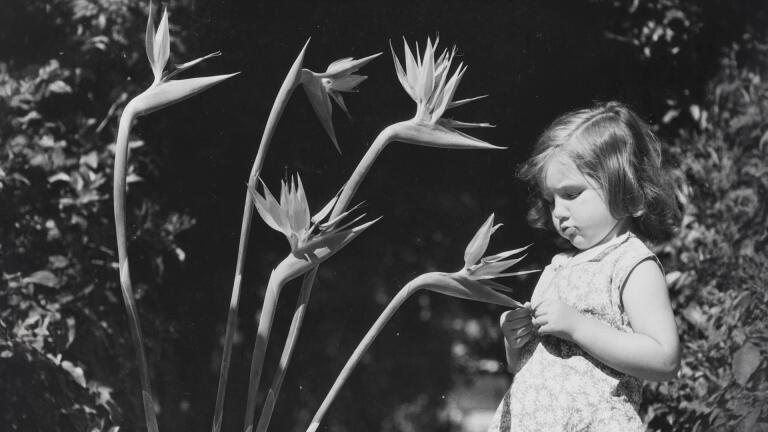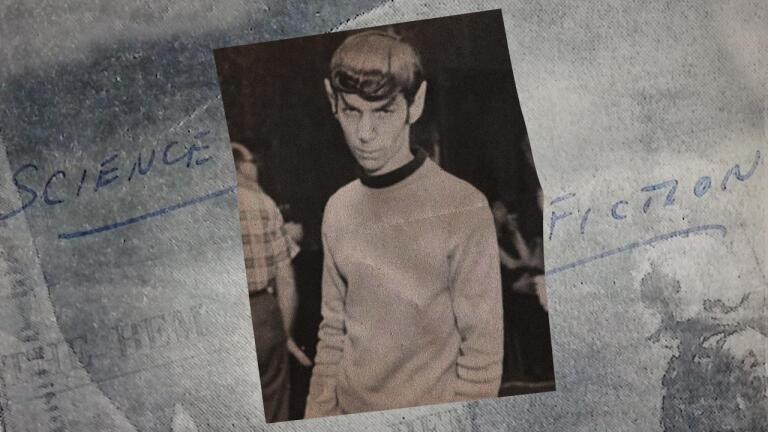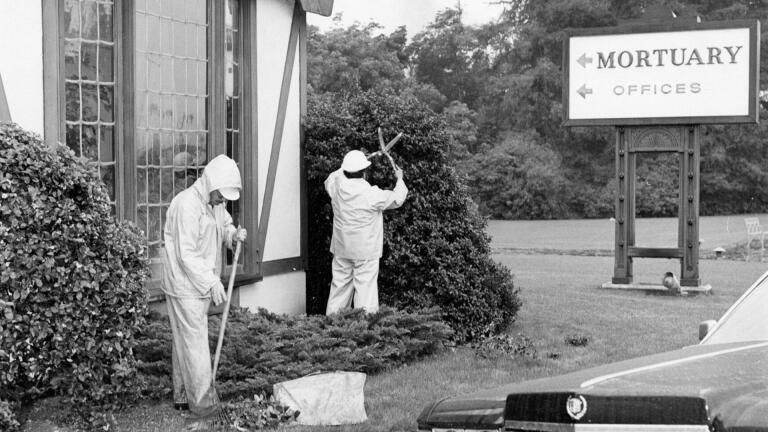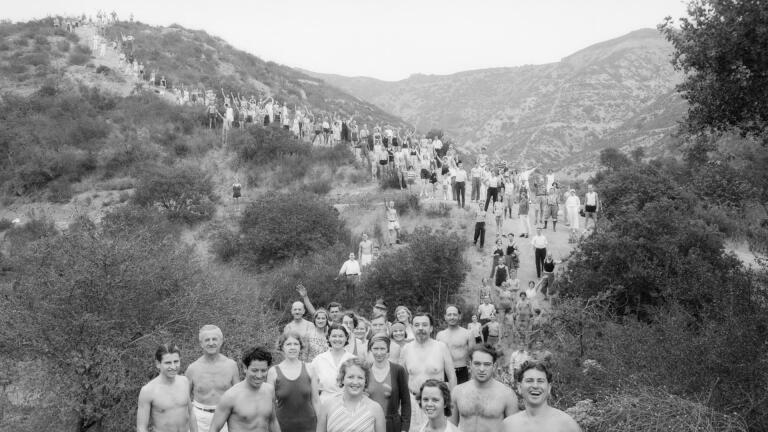Back to Show
Lost LA
Paul Kitagaki, Jr.'s Personal Connection with Dorothea Lange's Photography
During World War II, the internment camps became involuntary homes for thousands of Japanese Americans living on the West Coast. It couldn't have been easy, but incarcerees still found way to find some measure of happiness in their surroundings. One of these ways was through playing baseball. Host Nathan Masters speaks with National Park Ranger Rose Masters and photographer Paul Kitagaki, Jr. about how Japanese Americans continued to persevere in their strange surroundings, and how baseball — an iconic American pastime — became a saving grace for many stranded inside those camps.
Support Provided By
Related

26:29
From wildflowers to jacarandas, explore the plants that paint California in vibrant hues.

26:40
Discover how the True Crime genre was shaped by its deep historic legacy in Los Angeles.

26:43
Uncover the origins of the sci-fi genre and its unique connection to historic Los Angeles.

27:10
Auto racing's LA roots, from dry lake beds to movie ranches, left tread marks across the region.

27:05
Trace the devastation of the 1928 St. Francis Dam collapse and its deadly flood.

26:40
How Cold War vigilance and secrecy shaped Southern California culture.

26:39
The Space Shuttle Endeavour’s journey is traced from its origins.

26:40
Tiki culture isn’t a Polynesian import — it’s a Hollywood creation.

26:49
Archives reveal the “forgotten plague” that shaped Southern California: tuberculosis.

26:50
Visit Hollywood Forever, Evergreen and Forest Lawn, where L.A. reinvented the cemetery.

26:40
The hiker-activists who led Angelenos into their hills and onto the trails.

















